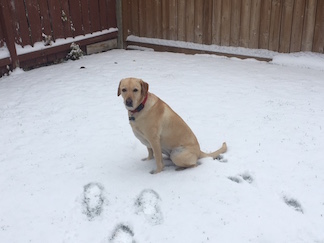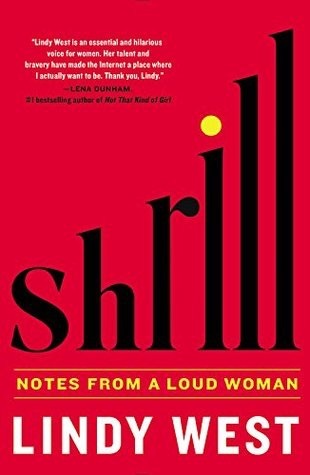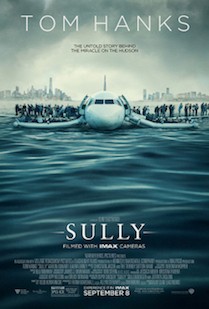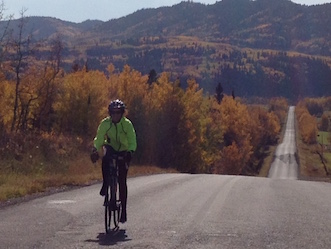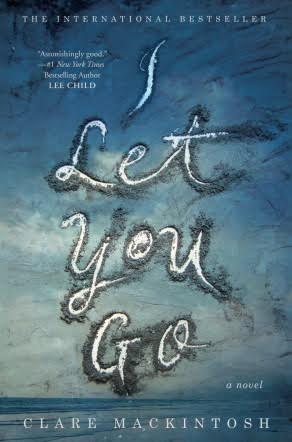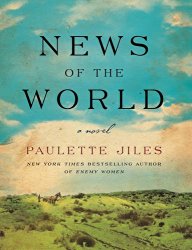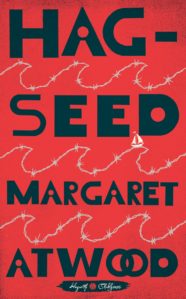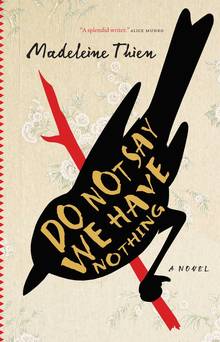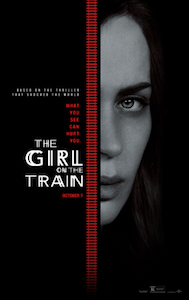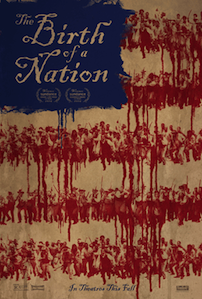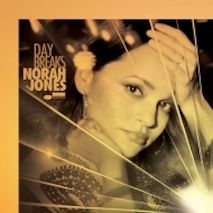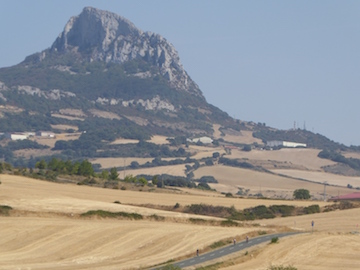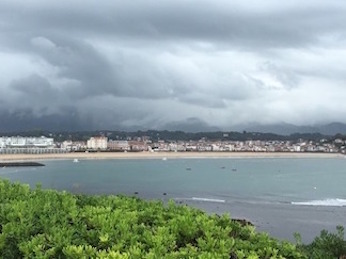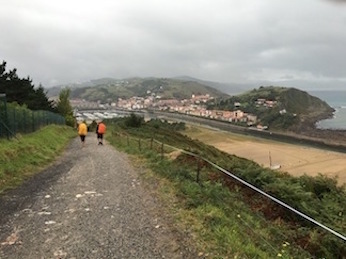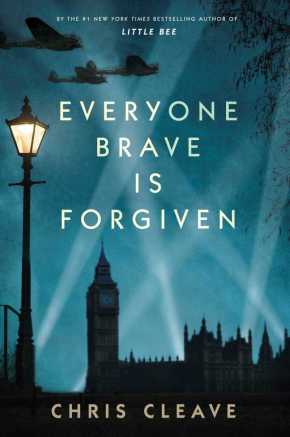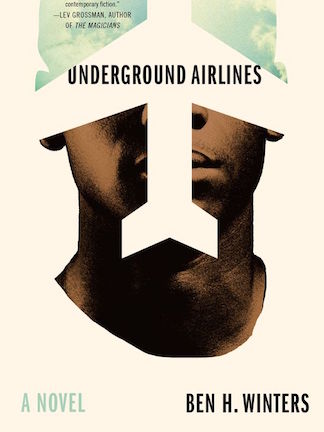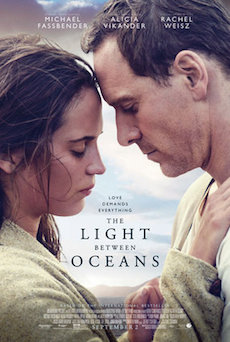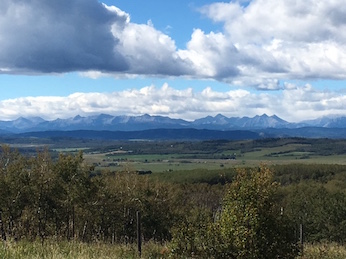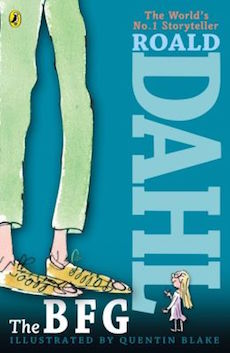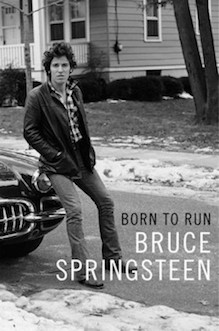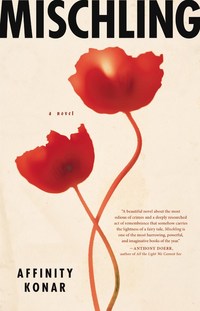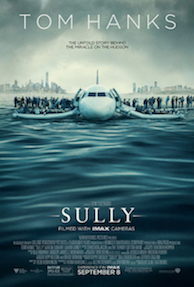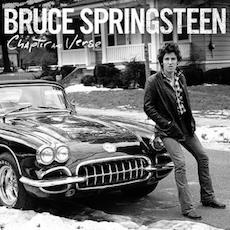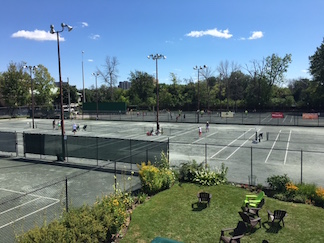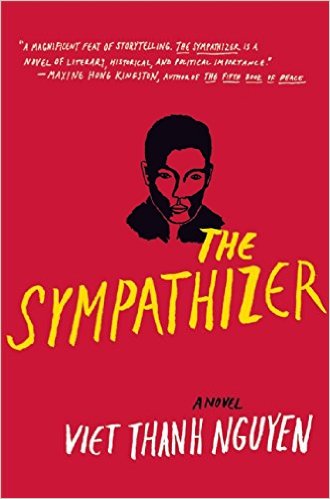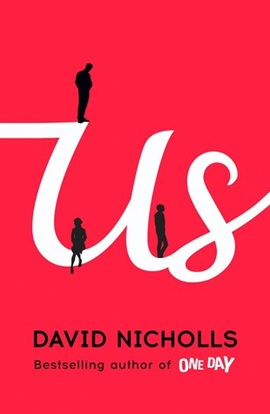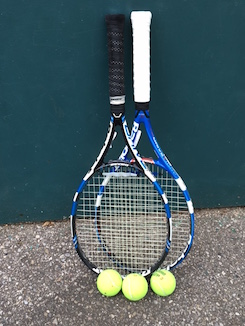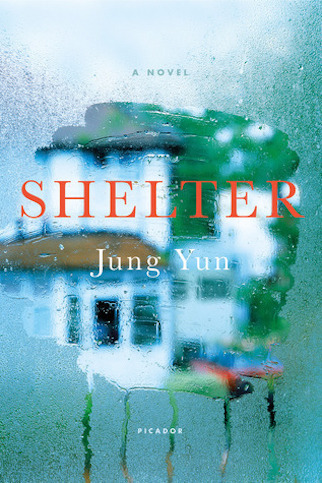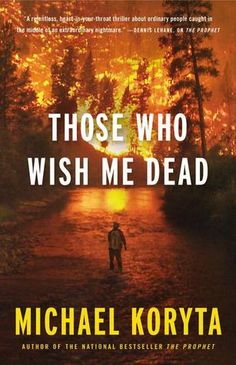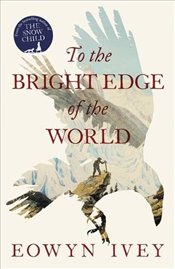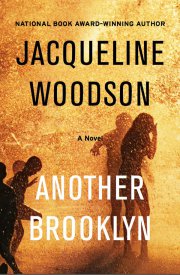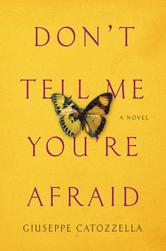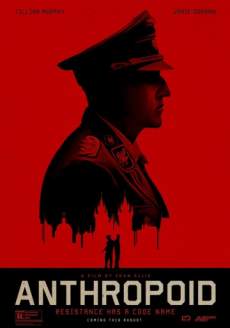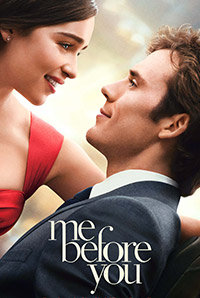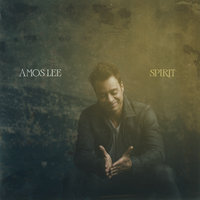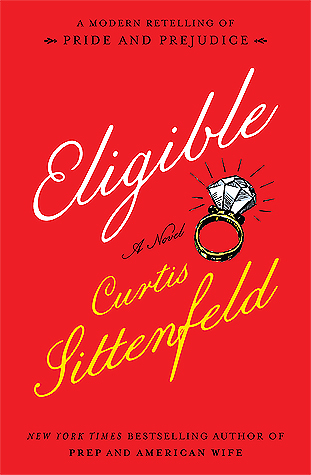This past week I’ve been busy attending Wordfest, the annual weeklong book festival here. I went to eight events and heard more than 20 writers give readings and interviews.
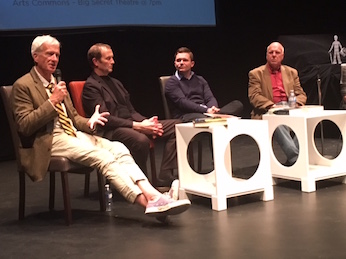
See authors: Peter Behrens, C.C. Humphreys, Steven Price, and Peter Robinson at left. It’s been great, listening to a wide variety of authors, from such well-known fiction writers as: Emma Donoghue, Yann Martel, Affinity Konar, Lisa Moore, and Madelein Thein, who’s novel is on the short list for this year’s Man Booker Prize, to many lesser-known authors as well. The talks have been interesting, and one thing’s for certain: I need to read more “CanLit” among other things.
Before moving to Canada full-time over six years ago, I didn’t really know much about CanLit other than reading Margaret Atwood and Carol Shields. But since then I’ve read a sprinkling of novels that fit the mold from across this vast country (including a few from the great Alice Munro), but I need to get to a lot more.
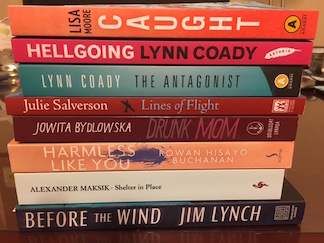
I picked up some Canadian books from the festival and had signed: Lynn Coady’s fiction “Hellgoing” and “The Antagonist,” Lisa Moore’s novel “Caught,” Julie Salverson’s book “Lines of Flight: An Atomic Memoir,” and Jowita Bydlowska’s memoir: “Drunk Mom,” which looks pretty harrowing. (Unfortunately Jowita was sick and did not speak at the event or sign books.) I also heard from and picked up copies of Rowan Hisayo Buchanan’s debut novel “Harmless Like You” (she’s from England) and U.S. authors: Jim Lynch’s novel “Before the Wind” and Alexander Maksik’s “Shelter in Place.” So I have a new pile of books, which I’m sure wasn’t totally necessary on top of my other piles, but it’s good nonetheless so I can read some new voices. Have you read or heard of any of these?
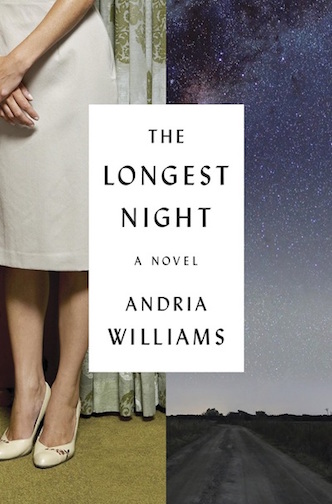
Meanwhile I finished Andria Williams’s debut novel “The Longest Night,” which came out earlier this year. Any military brats out there? This one is set in Idaho Falls, which was a remote military town in the late 1950s when the book begins. It’s based on the true story of the only fatal nuclear reactor accident to occur in the U.S.
It’s about a married couple that moves to the town with their two young kids. The husband Paul is there to help oversee one of the country’s first nuclear reactors, but soon finds out that the reactor is compromised and the higher-ups would rather delay fixing it. Meanwhile his wife Nat is struggling to adjust to their new life, which is stifling amid the societal mores of the times. As troubles mount with the reactor, so too do cracks surface in their marriage.
I completely fell into this novel and could feel the Army base lives of these characters and the remoteness of where they were and the staid times in which they were living. The mores and gender roles of the late 1950s and early ‘60s are pervasive in the story and feel suffocating. I felt particularly thankful not to be a woman living there at the time, and sympathized with the wife, Nat, for having trouble fitting in. I liked how the book alternated chapters between the husband Paul, Nat, and Jeannie, the wife of Paul’s boss. You get a wide range of perspective and feeling for their lives and situation.
“The Longest Night” is quite a believable story and one that I did not want to put down despite it being a slow-burn of a read. The story and characters develop and develop until finally at the book’s end things boil over (quite literally with the accident and aftermath). I hadn’t heard of this historical event — the 1961 nuclear reactor accident near Idaho Falls — so I was very interested to read the novel and look up the accident online. Among other things in the story, it’ll make you think twice about nuclear energy.
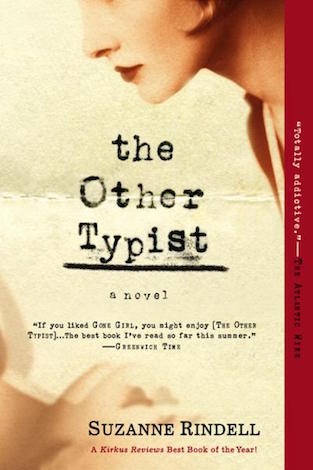
I also finished the audiobook of Suzanne Rindell’s 2013 novel “The Other Typist,” which is set at the height of Prohibition in New York City. It’s about a police department stenographer (Rose) who becomes obsessed with a newly hired glamorous typist named Odalie. They become friends and soon Odalie lures Rose into the underground world of speakeasies and jazz, which ultimately has dire consequences.
Oh where to begin with this one?! I was engaged in the story, but it also wore me out quite a bit. I tired of the narrator Rose, who describes herself as a pretty insular woman who grew up an orphan and was lucky to get a job with the police, typing crime reports and confessions. She waxes on about Odalie, the stylish well-off woman whom she has met from the typing pool.
You wonder what’s going to happen to these two — and if their lives at the police department will catch up with their underworld parties. The story has some vibrant touches, but I also thought it rambled extraneously at times, was repetitious, and piles on a heavy dose of foreshadowing. I thought the Big Reveal in the book was quite drawn out and when it finally came at the end it was confusing. Perhaps a couple realities could be possible of what happens at the end, but I know what I think happens. It’s one of those switcheroozy types of novels, which you can’t say much about without giving stuff away. In this respect it reminded me a bit of Dennis Lehane’s novel “Shutter Island,” but that story had more action and suspense. There’s still plenty for me to think about with “The Other Typist,” but I guess I’m not a huge fan of this type of book twist. Maybe it depends on the novel. What about you? If you like such twists, you might like this one.
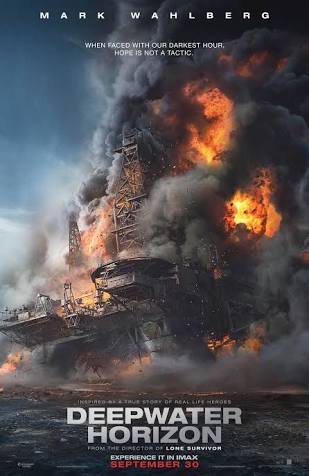
Finally last week, my husband and I saw and both liked the movie “Deepwater Horizon.” Wow I almost had to be picked up off the floor afterwards. This one is much better than I had expected going in. My husband wanted to see it as he’s an engineer and I was glad I tagged along. The movie is not your typical fluff Hollywood reenactment but rather takes a gripping look into the 2010 disaster of the offshore drilling rig that exploded in the Gulf of Mexico, resulting in the deaths of 11 people. It’s a hair-raising movie. I couldn’t believe most of the 126 workers on the rig made it off alive. Kudos to those who made the movie — amid all the legal maneuvering that had to be done just to bring it to the Big Screen. It may not honor every single detail accurately but shows that when human beings with various incentives interact with complex systems, sometimes bad things happen. It’s also a moving tribute to those who died on the rig and is well worth seeing.
What about you, have you read either of these books or seen the movie “Deepwater Horizon,” and if so — what did you think?

